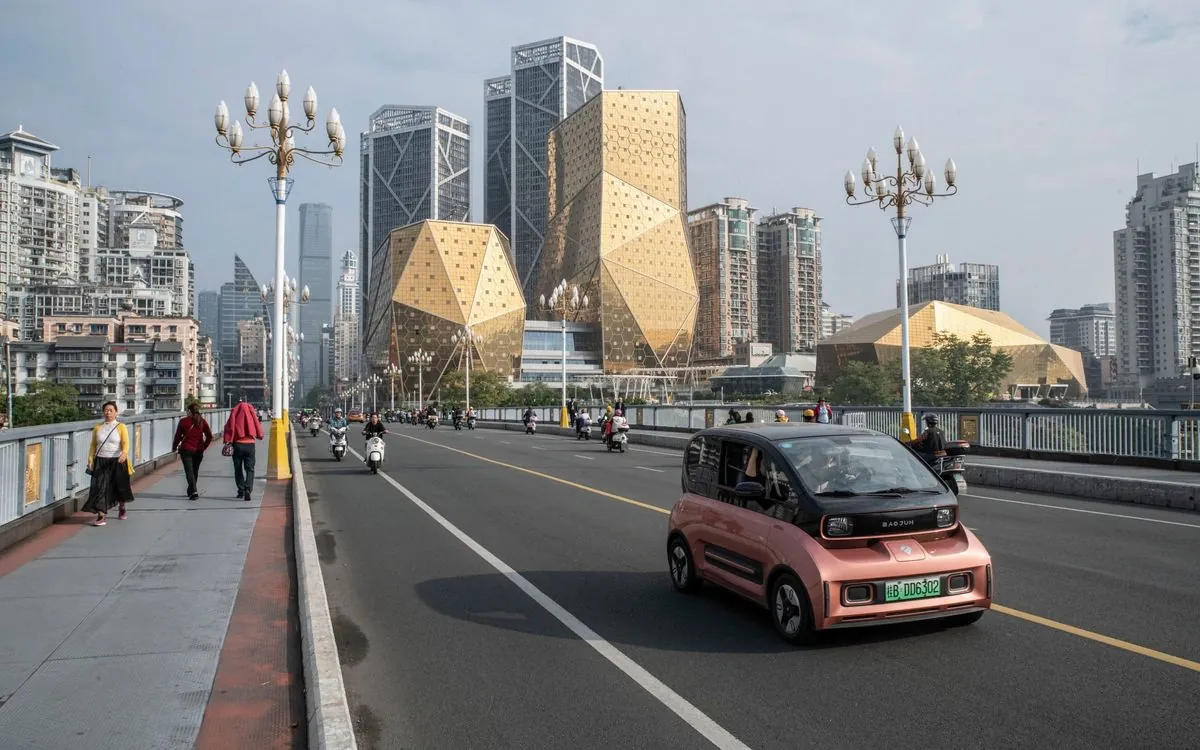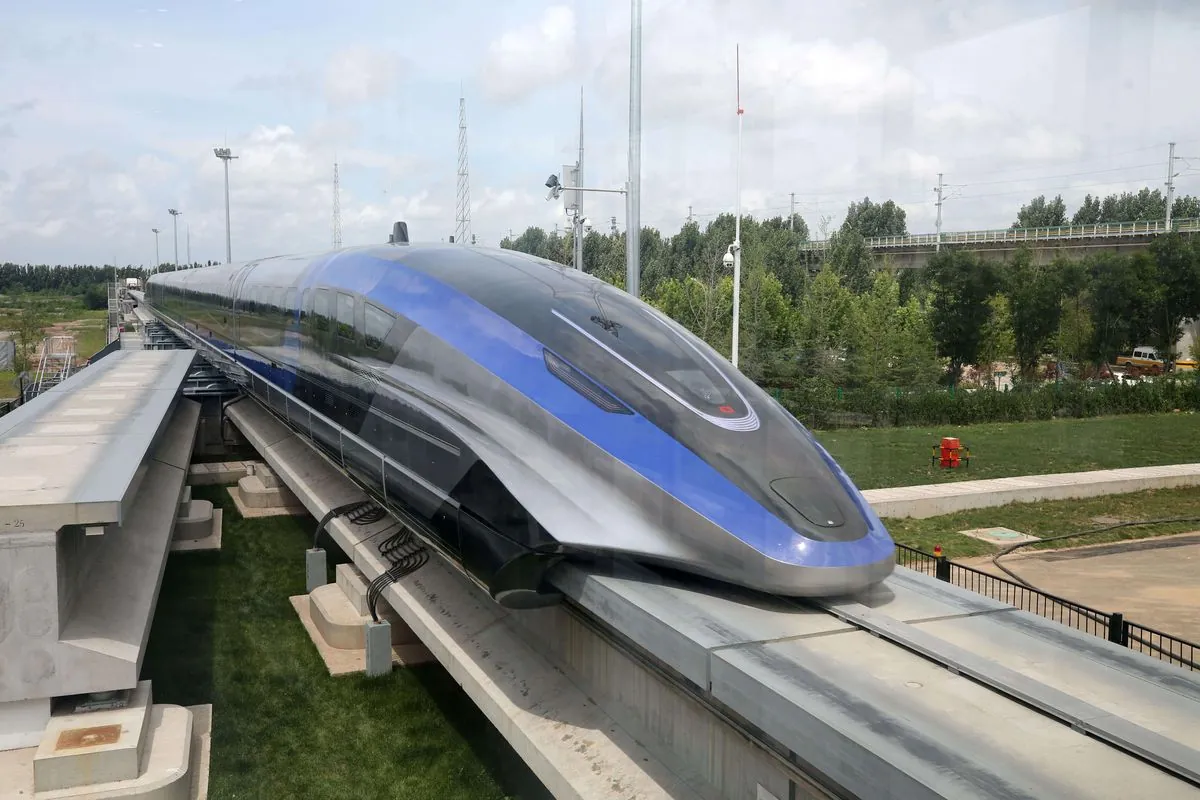China's Modernization: A Tale of Progress and Uncertainty
A journalist's recent visit to Shanghai reveals contrasting views on China's future. While infrastructure impresses, conversations with locals and scholars expose growing concerns about economic opportunities and global relations.

Upon arriving in Shanghai recently, the author was struck by the city's modern electric vehicles, exemplifying China's rapid technological advancement. The sleek Jianglai car, meaning "the future" in Chinese, symbolizes the country's ambitious drive towards innovation.
China's modernization extends beyond automobiles. The nation boasts the world's largest high-speed rail network and has made significant strides in urban development. However, the author cautions against both overly optimistic and jaded perspectives on these changes.

Conversations with various groups revealed divergent views on China's trajectory. While many foreigners remain optimistic about China's potential for growth and global influence, young Chinese citizens express increasing concern about their futures.
"I am so worried. It is really, really difficult to find good jobs nowadays. The competitive pressure on people in their teens and 20s is crushing. At the same time, life has become very expensive. This makes so many of us, like me, want to leave the country."
This sentiment reflects a growing trend of emigration among educated Chinese citizens. Recent reports indicate a rise in middle-class individuals attempting to enter the United States through unconventional means, highlighting a potential "brain drain" that concerns Chinese authorities.
Discussions with Chinese scholars revealed complex views on international relations. One academic suggested that China's strained relationship with the United States could hinder its economic progress, noting that most high-income countries have maintained positive ties with the U.S. in the post-war era.
The ongoing technology competition between China and the West, particularly in areas such as microprocessor manufacturing and artificial intelligence, emerged as a crucial topic. A senior Chinese scholar emphasized that perceived antagonism from the West would likely intensify China's determination to achieve technological self-reliance.
As China grapples with challenges such as a slowing economy and an aging population, its commitment to industrial policies and state-driven investments in key technologies remains unwavering. This approach, while potentially inefficient in some areas, may yield significant advancements given China's vast resources and human capital.
The author concludes that the coming decades will likely be marked by intense global competition and potential instability as China pursues its ambitions on the world stage.


































